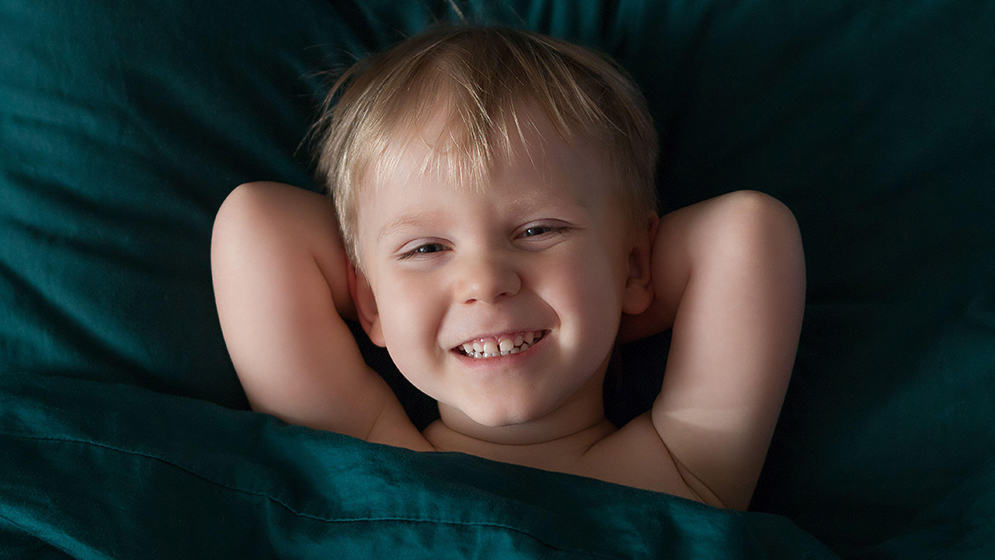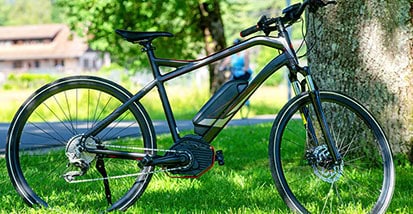- Curved Lithium Polymer battery
- Fast Charge Polymer Battery
- Flexible Polymer Lithium Battery
- Ultra-thin Polymer Battery
/ Blog / Battery Knowledge /
Sleeping headset battery
12 Jan, 2022
By hoppt

A sleeping headset is a device worn over the head to play sounds directly into the ear. These devices are commonly used with iphone type mp3 players, but can also be purchased as stand-alone products. A study was published in the Journal of American Medical Association on November 2006 discussing how long it took for subjects wearing sleeping headsets to fall asleep, if they were falling asleep faster, falling asleep at all.
The study concludes that there is no correlation between headsets and falling asleep faster or easier. There are several studies coming out now finding that these sleep headsets do offer some benefits such as blocking environmental noise which can lead to quality of sleep improvements and increased energy during the day.
There seems to be two types of subjects according to this study. The first group is the 24 people who were able to wear these headsets and actually fall asleep with them on, and the second group was made up of 20 people who could not sleep with the headset on.
The researchers found that there were no significant differences in age, gender or BMI between the two groups. The only commonality between both groups was that all of them had normal hearing and none wore a sleeping mask. This means that it is unlikely that you will be able to successfully use a sleeping headset if you do not have normal hearing and/or you already use a sleeping mask. If this is your case, do not despair because there are several other options available such as using mattresses specifically for soundproofing, white noise machine, earplugs, etc…
Several studies have also been conducted regarding the effects of loud music on sleeping patterns. They found that playing music for an entire night did not prevent people from falling asleep; however it did cause them to wake up 4 times more frequently than they normally would. And while loud music does not prevent you from falling asleep, it can make the quality of your sleep much worse by increasing wake cycles and decreasing sleep phases. This deterioration in sleep quality was greater when listening to louder volumes (80 decibels). The study conducted concluded that playing music might interfere with your ability to go back to sleep quickly if awakened during a certain phase because it alters natural sleeping rhythms.
If you are like me and consider yourself curious in all areas of life, you are probably wondering what kind of volume would be considered safe for use with a sleeping headset. Well the answer is 80 decibels or less.
The 80 dB volume is already considered low so there really is no reason to have an MP3 player on full blast when you are trying to fall asleep. If you have a sleeping mask, it is recommended to use an open-ear type of headset so that the sound waves can easily travel from your ear canal to your inner ear. With a closed-ear type of headset, sounds are blocked once they reach the ear opening and because there is no way for sounds to enter through the eardrum, they must be amplified in order for you; as the listener; to hear them.
The last thing I would like to mention is that even though these headsets may not make falling asleep easier or faster, they do offer other benefits such as blocking environmental noise which can lead to quality of sleep improvements and increased energy during the day.
Of course we all know; or at least we should know; that it takes two to tango meaning that just because you put on a headset and play some quiet music, it does not mean that your wife is going to do the same thing. She might be playing her favorite songs as loud as she can on her phone without headphones which would make sleeping with a sleeping headset impossible for both of you unless you have different rooms.
The bottom line is this:
If you are able to fall asleep wearing a headset, there is no evidence saying that they can prevent or cause insomnia or sleep disorders. What is important to remember here, however, is the fact that your body may take longer to adjust if all of a sudden you start using these headsets instead of earplugs or over-the-counter medications. If you already have some sleeping problems, it is probably best to start with low volume and see what happens. There's no doubt that there are many benefits of using a sleeping headset and if done right; even without playing music; they can still promote healthy sleep patterns by blocking surrounding noise and disturbing frequencies.



